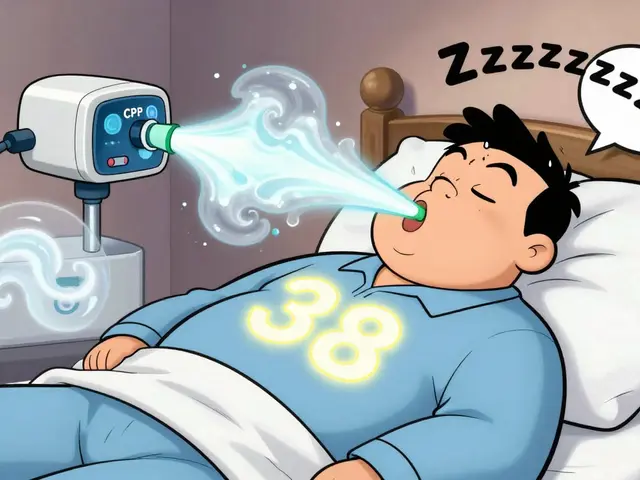Medications Like Sertraline – What You Should Know
If you’ve heard of sertraline but aren’t sure if it’s the right fit, you’re not alone. Sertraline is an SSRI (selective serotonin reuptake inhibitor) that helps lift mood and ease anxiety. It works by increasing serotonin levels in the brain, which can smooth out feelings of sadness or nervousness.
Many people wonder if there are other pills that act like sertraline but maybe have fewer side effects or work faster for them. The good news is there are several antidepressants that share a similar mechanism. Common ones include fluoxetine (Prozac), escitalopram (Lexapro), and citalopram (Celexa). These drugs also block serotonin reuptake, so they tend to have comparable benefits.
How to Pick the Right One for You
Choosing between sertraline and its cousins starts with talking to a doctor. Your health history, other meds you take, and how your body reacts can steer the decision. For instance, if you’ve had trouble with weight gain on one SSRI, another might cause less of that side effect.
Side effects differ slightly from drug to drug. Sertraline often causes mild nausea or sleep issues at first, while fluoxetine may be more likely to give you a jittery feeling. Escitalopram is praised for causing fewer sexual side effects for some users. Knowing these nuances helps you set realistic expectations.
Dosage matters too. Sertraline usually starts at 50 mg daily, but doctors can adjust up to 200 mg if needed. Other SSRIs have their own starting points—like 20 mg for fluoxetine or 10 mg for escitalopram. Never change the dose on your own; always follow professional advice.
Practical Tips When Starting an SSRI
When you begin any antidepressant, give it a few weeks to settle. It’s common to feel a bit off during the first two weeks—think of it as the body adjusting. Keep a simple journal: note mood changes, sleep patterns, and any odd sensations. This record helps your doctor fine‑tune the treatment.
Stay consistent with timing. Taking the pill at the same hour each day reduces fluctuations in blood levels, which can smooth out side effects. If you miss a dose, take it as soon as you remember—unless it’s almost time for the next one, then just skip the missed pill.
Watch for warning signs like increased anxiety, agitation, or thoughts of self‑harm. Those are rare but need immediate medical attention. Most side effects fade after the first month, but if they linger, reach out to your clinician.
Beyond medication, lifestyle tweaks can boost results. Regular exercise, a balanced diet, and good sleep hygiene often make antidepressants work faster. Even simple habits—like a daily walk or limiting caffeine—can smooth the transition.
Finally, remember that not every SSRI works for everyone. If sertraline doesn’t click after a reasonable trial, ask about switching to another medication on this list or exploring a different class like bupropion (Wellbutrin). The goal is to find a steady mood lift with manageable side effects.
In short, sertraline is just one option among several similar antidepressants. Talk openly with your doctor, track how you feel, and stay patient while the medication settles. With the right approach, you’ll land on a treatment that supports a steadier, brighter outlook.




